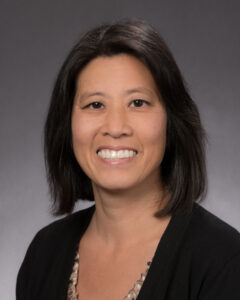
Lily C. Chang, MD
Program Director
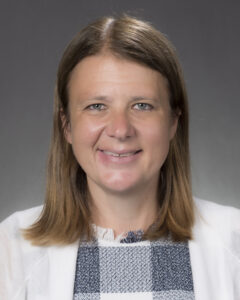


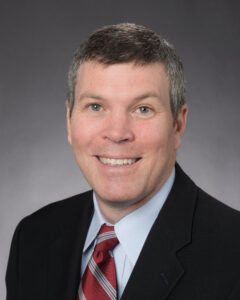
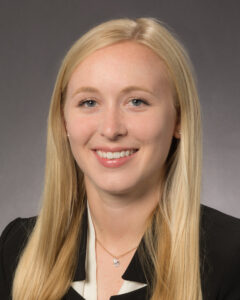
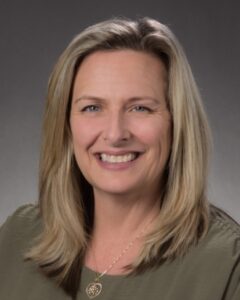
| Service | Length | Institution |
|---|---|---|
R-1 | ||
| General Surgery | 16 weeks | Virginia Mason |
| Thoracic Surgery | 4 weeks | Virginia Mason |
| Vascular Surgery | 4 weeks | Virginia Mason |
| Plastic Surgery | 4 weeks | Virginia Mason |
| Surgical ICU | 4 weeks | Virginia Mason |
| Cardiac Surgery | 0-4 weeks | Virginia Mason |
| Emergency* | 4 weeks | Harborview Medical Center |
| Burns* | 4 weeks | Harborview Medical Center |
| Night Float | 4-8 weeks | Virginia Mason |
R-2 | ||
| General Surgery | 4 months | Virginia Mason |
| Transplant | 1 month | Virginia Mason |
| GI Endoscopy | 1 month | Virginia Mason |
| Trauma ICU | 2 months | Harborview Medical Center |
| Night float | 2 months | Virginia Mason |
| Head and Neck | 2 months | Virginia Mason |
R-3 | ||
| Vascular Surgery | 10 weeks | Virginia Mason |
| Rural General Surgery | 10 weeks | Skagit Valley Hospital |
| Trauma | 10 weeks | Harborview Medical Center |
| Pediatrics | 10 weeks | Seattle Children's |
| Thoracic Surgery | 10 weeks | Virginia Mason |
R-4 | ||
| General Surgery | 30 weeks | Virginia Mason |
| Thoracic Surgery | 10 weeks | Virginia Mason |
| Trauma | 10 weeks | Harborview Medical Center |
R-5 | ||
| General Surgery | 40 weeks | Virginia Mason |
| Vascular Surgery | 10 weeks | Virginia Mason |
*categorical interns only
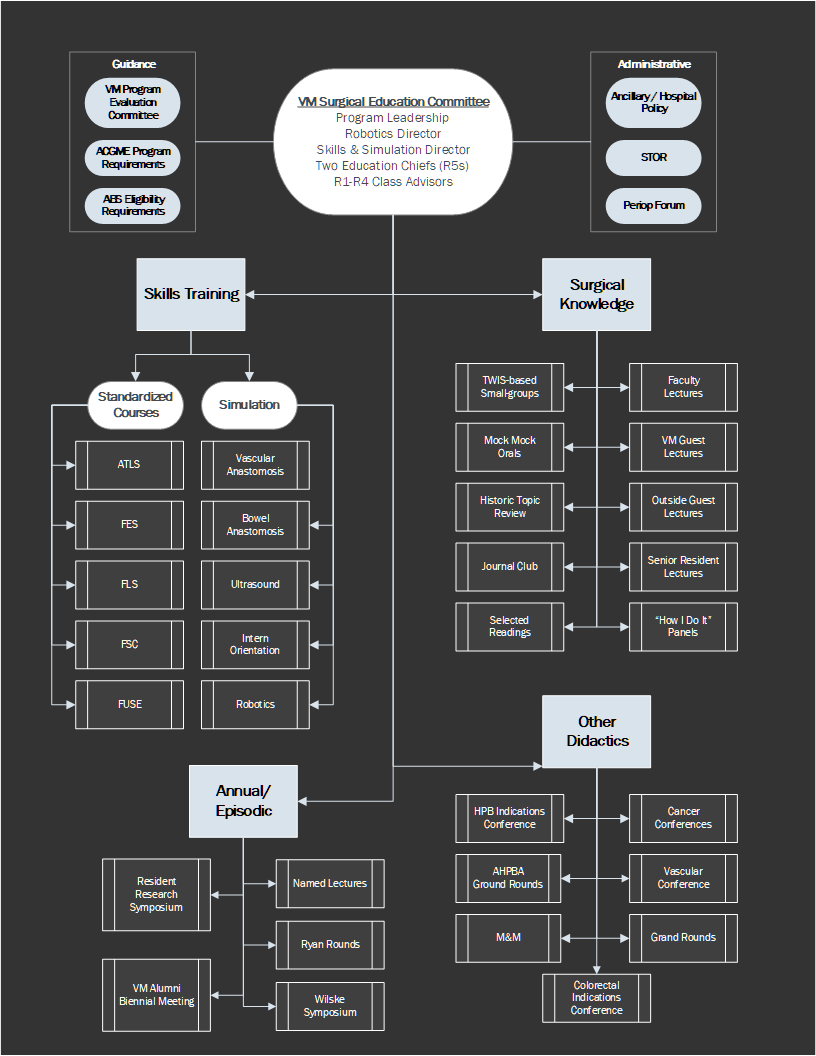
The well-being of our residents is paramount to the success of our surgical residency program at Virginia Mason. We have developed and sustained a culture to support our residents both in times of success and need. Wellness is not something that can be prescribed, but our system creates an environment in which our residents have the tools to care for themselves while dedicating their lives to caring for others. Our program and institution provide education, tools and support to address burnout, fatigue, and personal health.
Physician burnout is a critical issue facing our healthcare system across the country. We value the importance of recognizing burnout to help treat this condition and provide support. Self-assessment tools are available for personal use to help individuals identify their own need for care. The Employee Assistance Program (EAP) is a benefit provided at no cost to keep team members at their best, both physically and emotionally. The program is confidential and provides one-on-one services such as mental health therapy, legal consultations, referrals for child or elder care, and emergency funding. In addition, peer support is also offered through our Care for the Colleague Program to extend immediate and confidential peer support for any adverse event one may encounter.
We recognize that residency training can have a significant impact on time and sleep with the potential for excessive fatigue and sleep deprivation. Our goal as a program is to prevent sleep deprivation by creating appropriate and reasonable work schedules with adequate time away from work. We carefully monitor resident work hours to anticipate and eliminate situations that lead to fatigue. Nevertheless, patient care and responsibilities can be unpredictable, so education to recognize and treat fatigue is critical. Our residents have access to appropriate call and respite rooms. Virginia Mason provides a Guaranteed Ride Home Program for any person feeling unfit to travel home through their usual means. The surgical residency program also supports unanticipated time off that may be required for reasons such as illness, fatigue or injury.
In 2021, the Ben Cockcroft Surgery Residency Wellness Committee was created by surgical residents in the wake of a globally challenging year revealing a growth opportunity for our program. This committee was proposed with the intention to nurture strong, interconnected, and resilient surgeons of the future. With the foundation rooted in the AMA STEPS Forward Program, the committee uses the 6 key principles of nutrition, fitness, emotional health, preventative care, financial health, and mindset and behavior adaptability as its core structure. This committee will be the supporting structure for previous initiatives such as the Peer Mentorship program, adulting days, women surgeons in training events, and residency socials. It will also create a forum for each class to present new ideas that would improve the wellbeing of our residents. Tentative events for the 2021-2022 year include financial advising, postural training for the operating room, outdoor BBQ, Karaoke Nights, healthy cooking class, and more! Led by residents and created by residents, this is a targeted approach to keeping our community well!
Wellness is recognized throughout our entire organization with “Virginia Mason Wellbeing Wednesdays” to promote self-care, courage, rest, exercise and other activities residents healthy both mentally and physically. Creating a culture that supports wellness is a priority in our program.
Virginia Mason strives to create a culture of respect and inclusion for our patients as well as all of our healthcare workers. In the general surgery residency training program, our desire is to create a work force that is representative of our local and national populations. We appreciate the value of diversity within our program as it leads to improved patient care, fosters understanding and team work, and adds to intellectual development. Our goal is to develop an environment where differences are embraced and supported. This effort is shared throughout our institution, our department, and our residency leadership as we create learning and development opportunities to eliminate implicit and unconscious bias in our healthcare systems.
To achieve our goal of diversity and inclusion, we have implemented a holistic approach to the application review process and selection of interviewees. When reviewing applications, we take all applicant information into consideration including a substantive evaluation of life experiences and unique personal attributes that would lead to the recruitment and retention of a diverse and inclusive work force of residents and faculty. Our program supports each individual resident to ensure optimal opportunities for success in training and beyond.
Beyond the clinical and operative education gained within residency, Virginia Mason also recognizes the important educational experiences that create a successful surgical career. Residents have many opportunities to develop these skills and expand their capacity for achieving their goals. Regardless of their future trajectory, our residents graduate with the ability to adapt, improve, lead, and collaborate within their healthcare environments.
The Virginia Mason Production System (VMPS) is the management methodology for our organization that seeks to improve how work is done by identifying and eliminating waste and inefficiency within our processes. By reducing defects, we make it possible for our teams to deliver the highest quality and safest patient care. Our residents are integral voices within quality improvement projects and root cause analyses. All of our graduates participate and experience our method for creating positive change within our hospital environment.
Our surgical faculty are dedicated to the professional and personal success of the residents. Education is a driving force in their academic careers and we have created a mentorship program that brings residents and faculty together to support residents in their current and future endeavors. Mentorship meetings occur at least quarterly or more often if desired. The close-knit nature of our residency generates a positive culture for morale, encouragement, and strength.
Establishing a collaborative team with a thoughtful leader is a key aspect in medicine and surgery. We encourage our residents to participate in multidisciplinary teams through various opportunities available within our organization. Examples of resident involvement include participation on the Code Blue, Transfusion, ERAS, Grievance, IRB and GME Committees as well as the Housestaff Association. Leadership positions are also supported as residents take on responsibilities for resident education, scheduling, and advocacy.
To ensure the success of our residents for their future career or fellowship opportunities, our program provides many connections to network both locally and nationally. We participate in all the local and regional surgical meetings including Seattle Surgical Society, ACS Washington Chapter, Pacific Coast Surgical Association, Northwest Women in Surgery, Northwest Vascular Society, as well as our own Virginia Mason Surgical Association, just to name a few. Our faculty are also engaged in national organizations and many hold elected positions within those organizations which provide our residents an exposure to a vast network of potential prospects. We allow financial support for our residents to present at scientific meetings and attend courses to further enable their pursuits.
In addition to our categorical general surgery program, we are proud to offer an exceptional experience for preliminary surgery residents at Virginia Mason. We uphold our commitment to provide the same educational curriculum as well as clinical and operative opportunities that the categorical residents possess regardless of their eventual area of specialty. Previous preliminary residents have noted their phenomenal operative experience as we support early operative involvement for our junior residents in the operating room.
We consider both designated and undesignated preliminary residents looking for a one year surgical residency experience to enhance their surgical knowledge and technical skill before the next phase of their career. For those who are undesignated, our program leadership is committed to helping these preliminary residents secure a categorical position in their specialty choice for the following year.
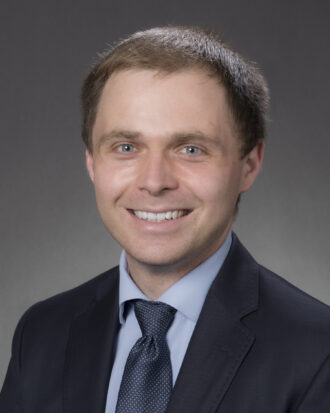
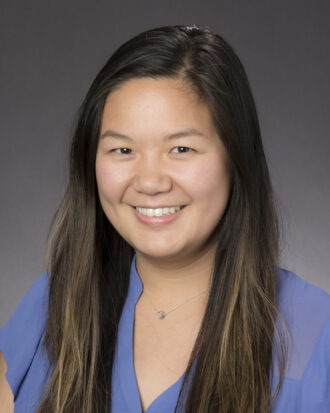
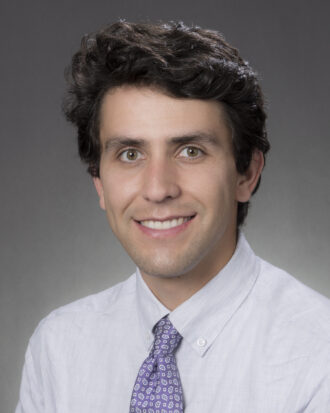
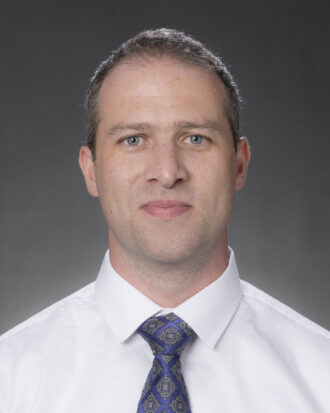
Copyright 2020 © All Rights Reserved. Design by Virginia Mason General Surgery Residents.